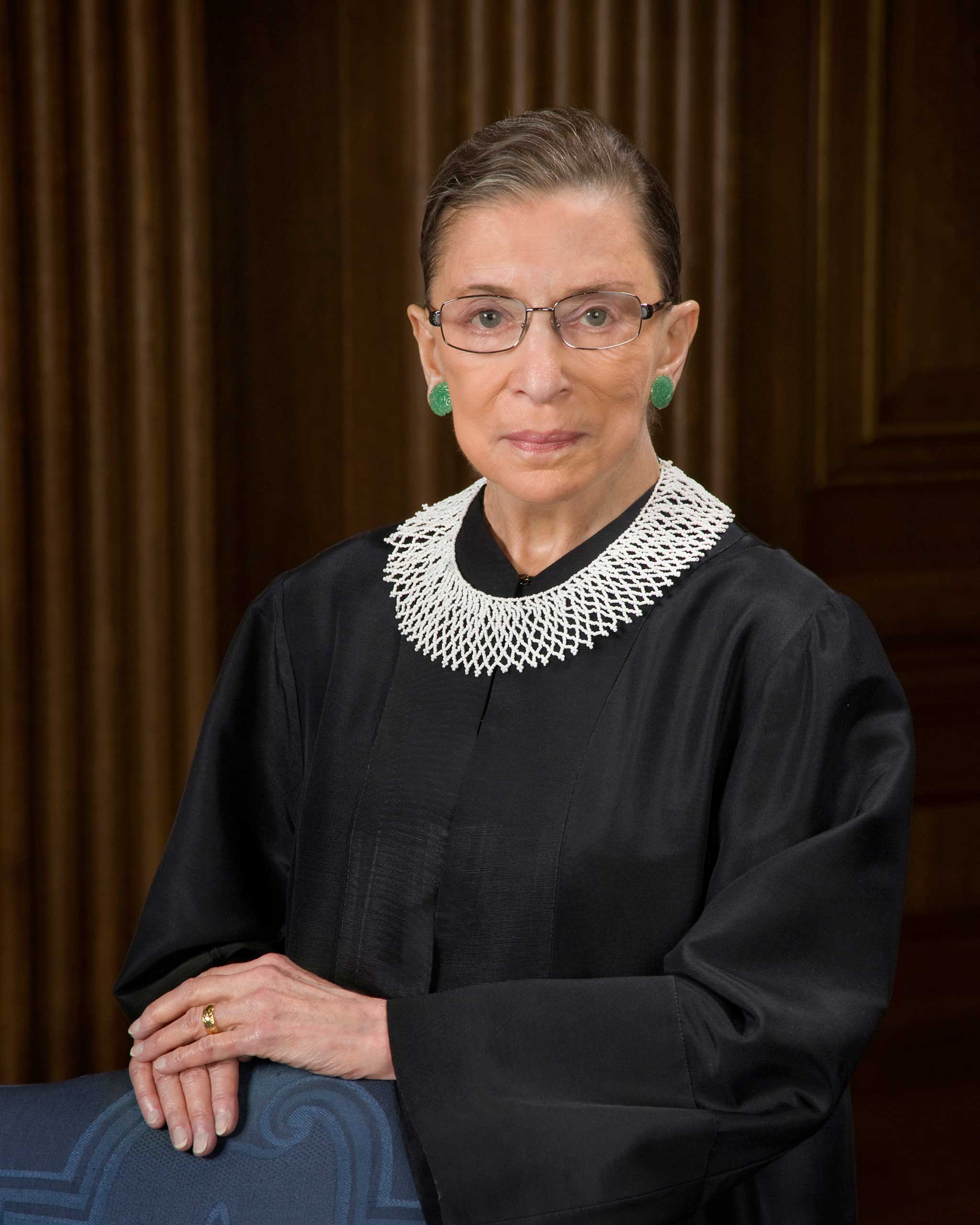
Ruth Bader Ginsburg appears to be on a book tour with no book. The oldest Supreme Court Justice has been on a media tear recently, making headlines with interviews about everything from feminism to her workout routine, even slyly revealing that she was “not 100 percent sober” during the State of the Union.
In the last year, Ginsburg has given interviews to Elle, the Associated Press, the National Journal, The New Republic, Yahoo! News, Bloomberg and MSNBC. She’s done a live event at the 92nd Street Y, performed a monologue in a D.C. play about the Civil War and given her blessing to the Notorious RBG Tumblr page, a fan website in her honor. Only Ginsburg’s opera-buddy Antonin Scalia, who gave a much-discussed 2013 interview to New York magazine, and Sonia Sotomayor, who made the rounds promoting her memoir, come close to rivaling Ginsburg’s recent publicity tour.
Some longtime court watchers think Ginsburg and her colleagues may be reshaping the way the traditionally cloistered justices interact with the public.
“That is a lot, and the frequency of it breaks the pattern,” says Lyle Denniston, a contributor to SCOTUSblog who has been covering the courts for 57 years. “This is a much more open age, with the Internet, and the justices are simply players in the modern drama of greater public exposure. It is pattern-setting, and it is unusual.”
See Ruth Bader Ginsburg Grow from Toddler to Supreme Court Justice
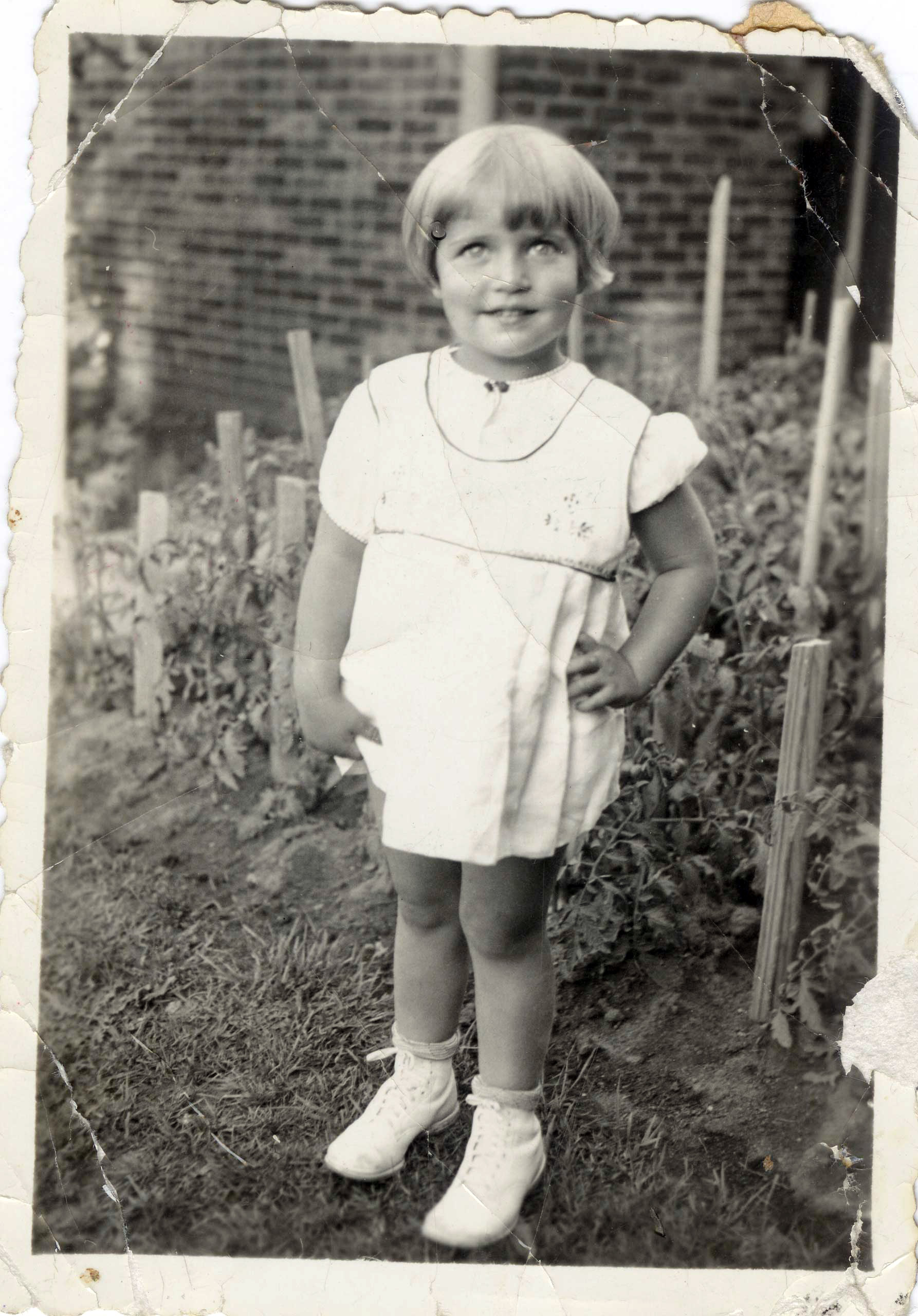
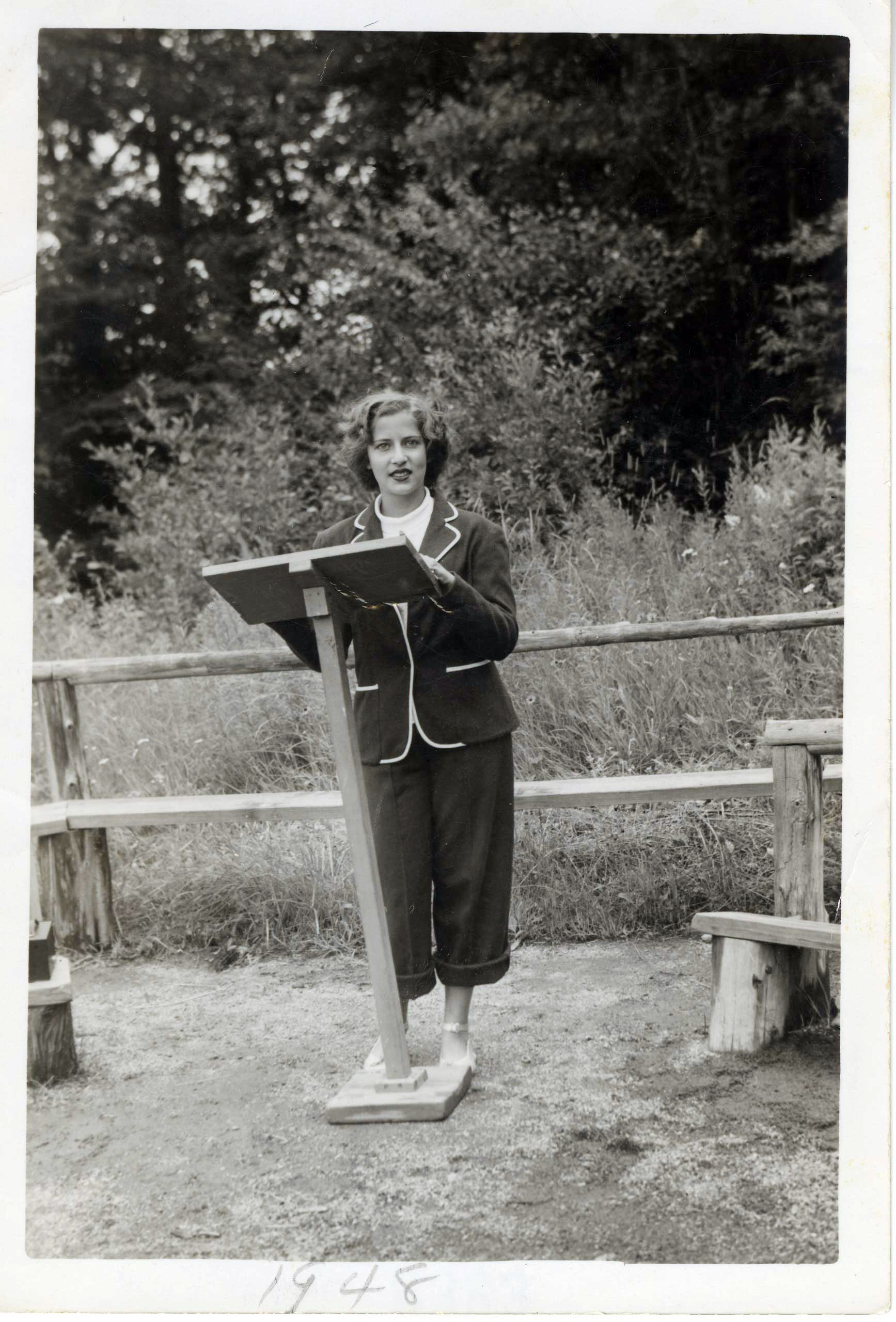
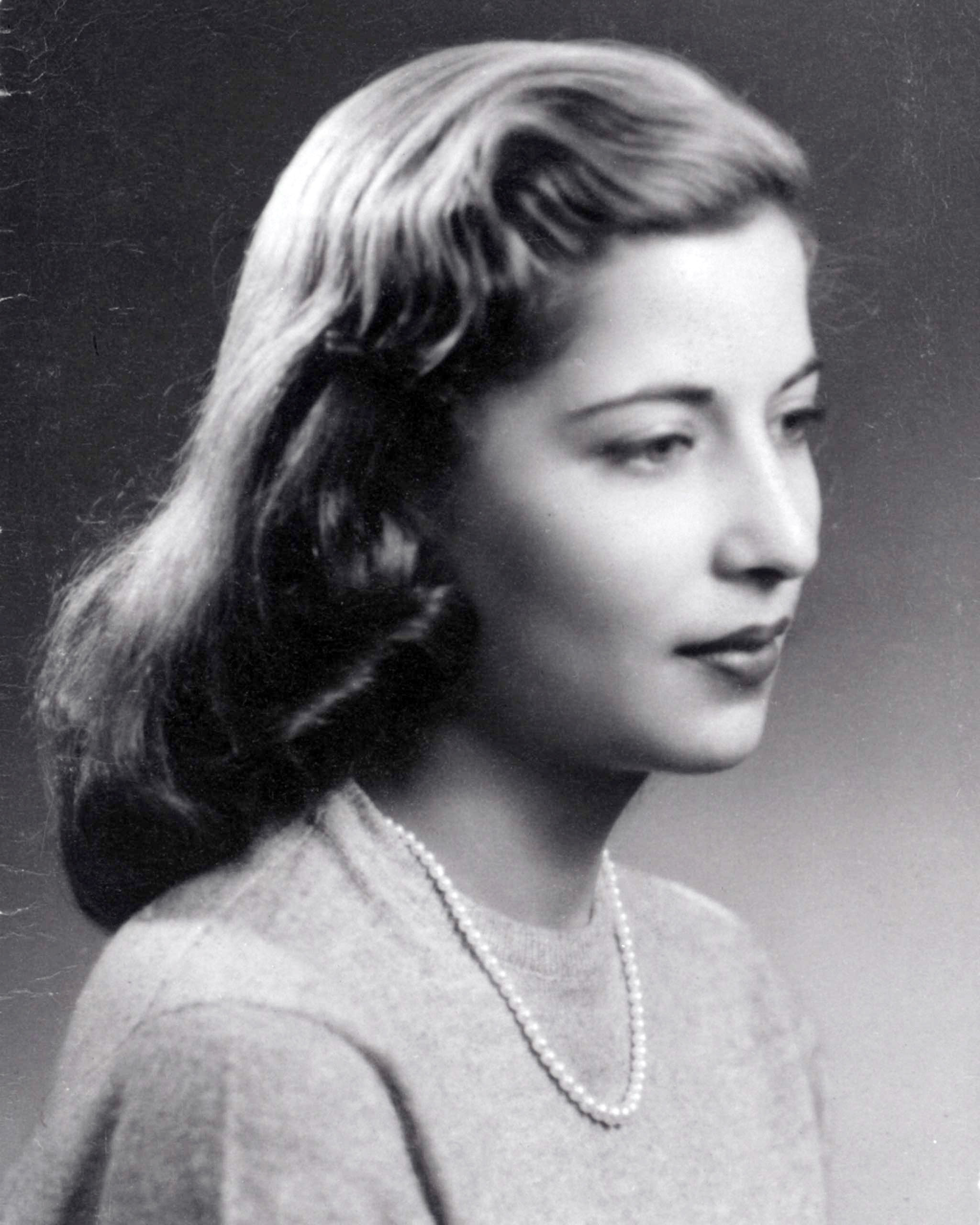
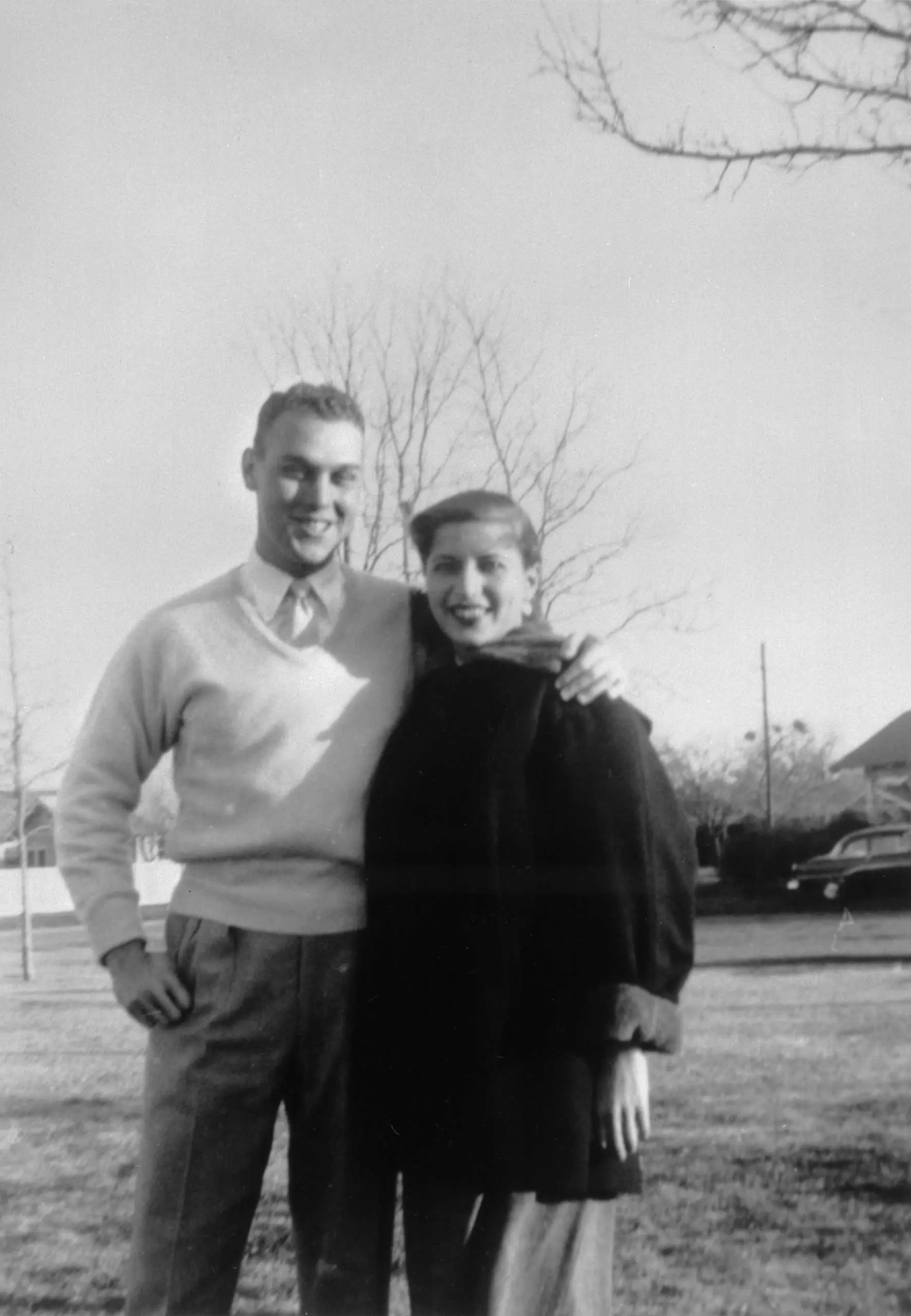
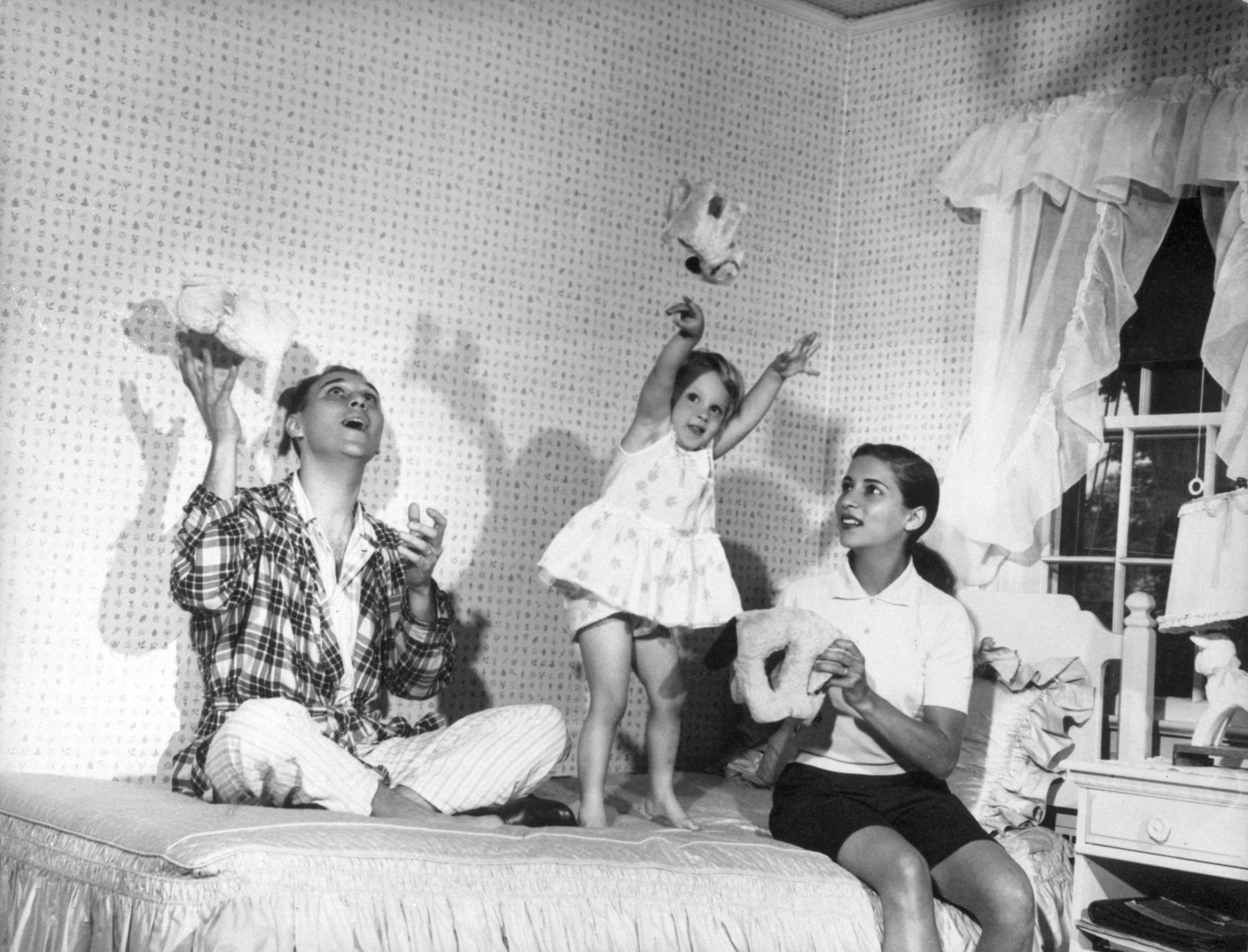
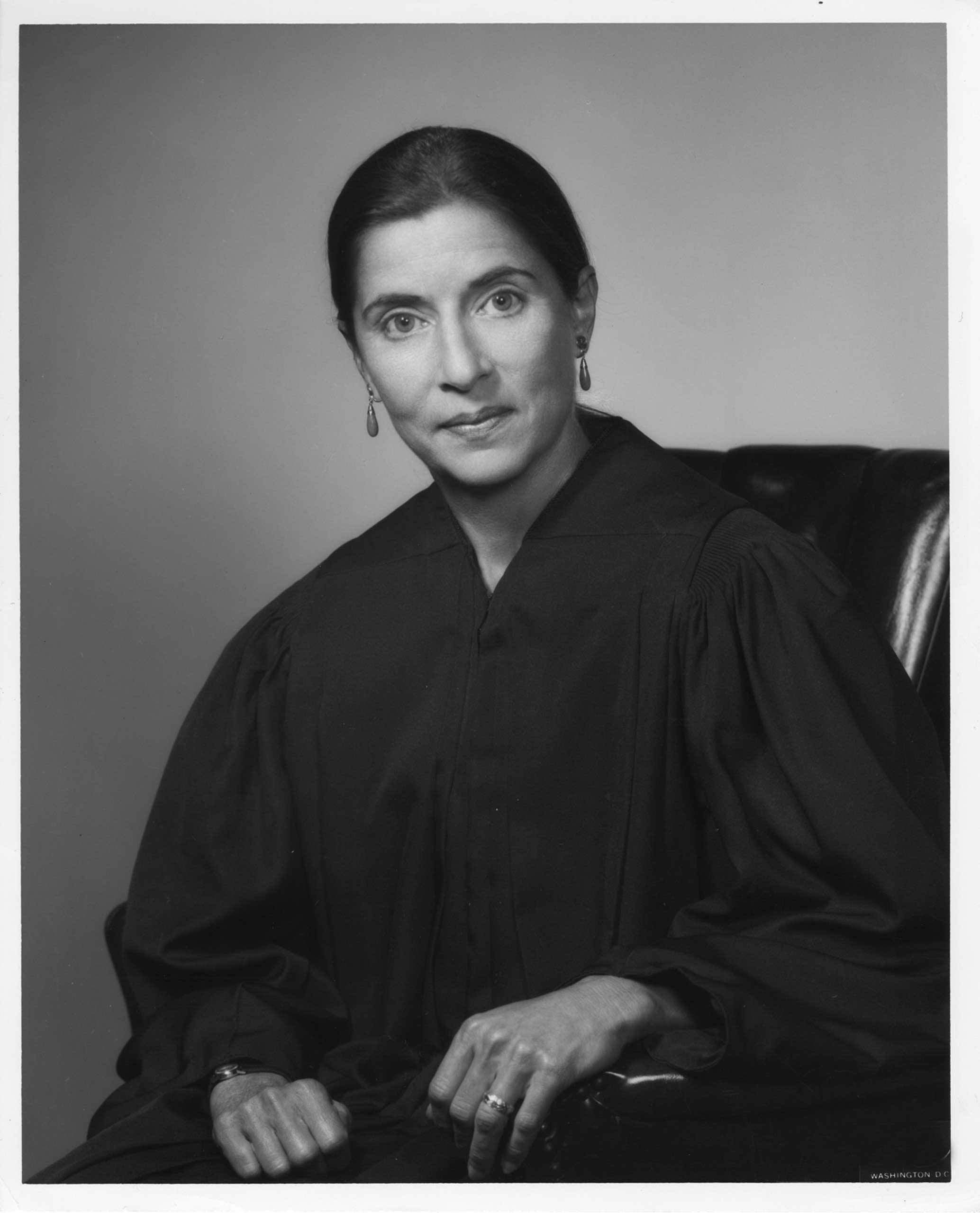

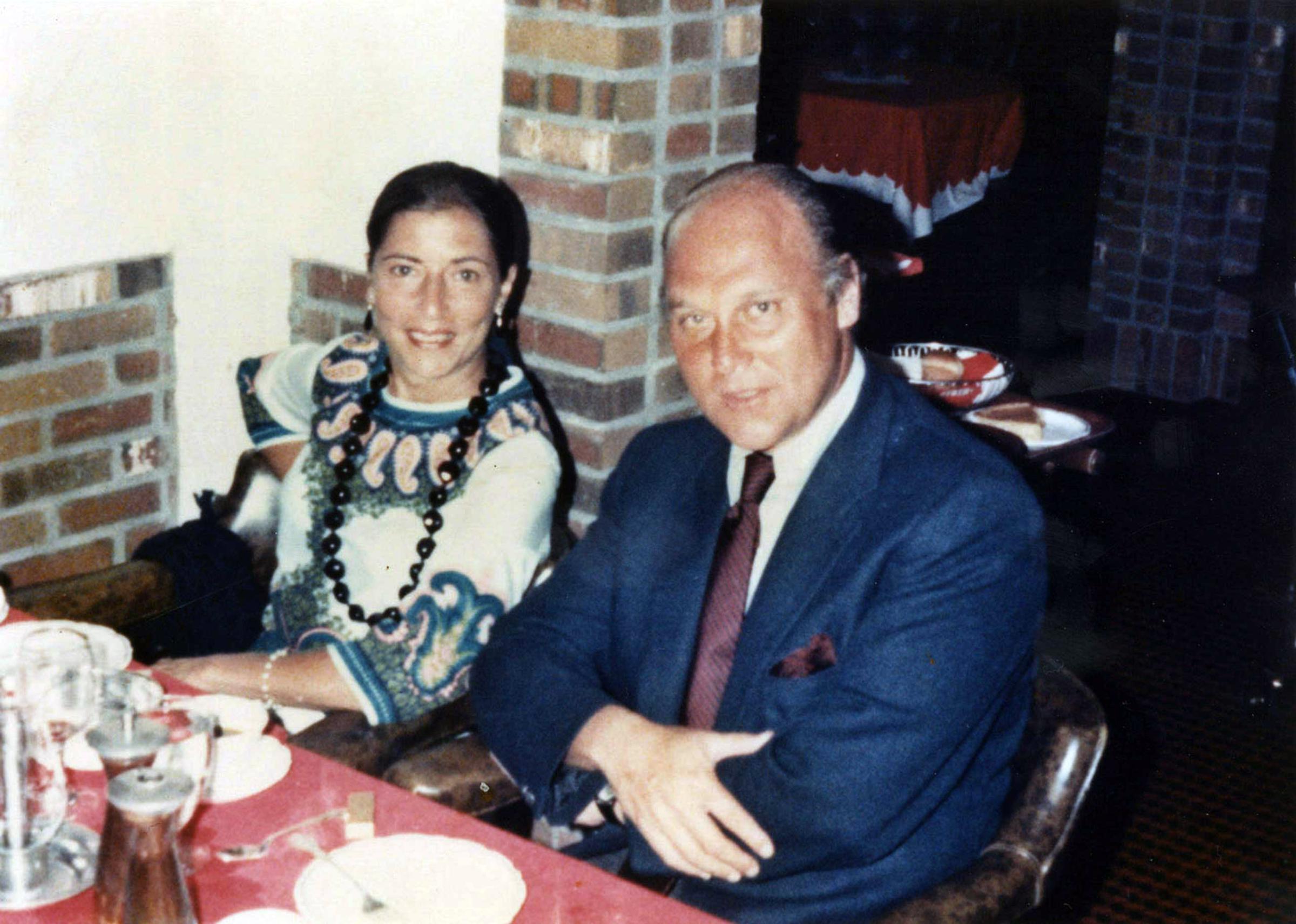
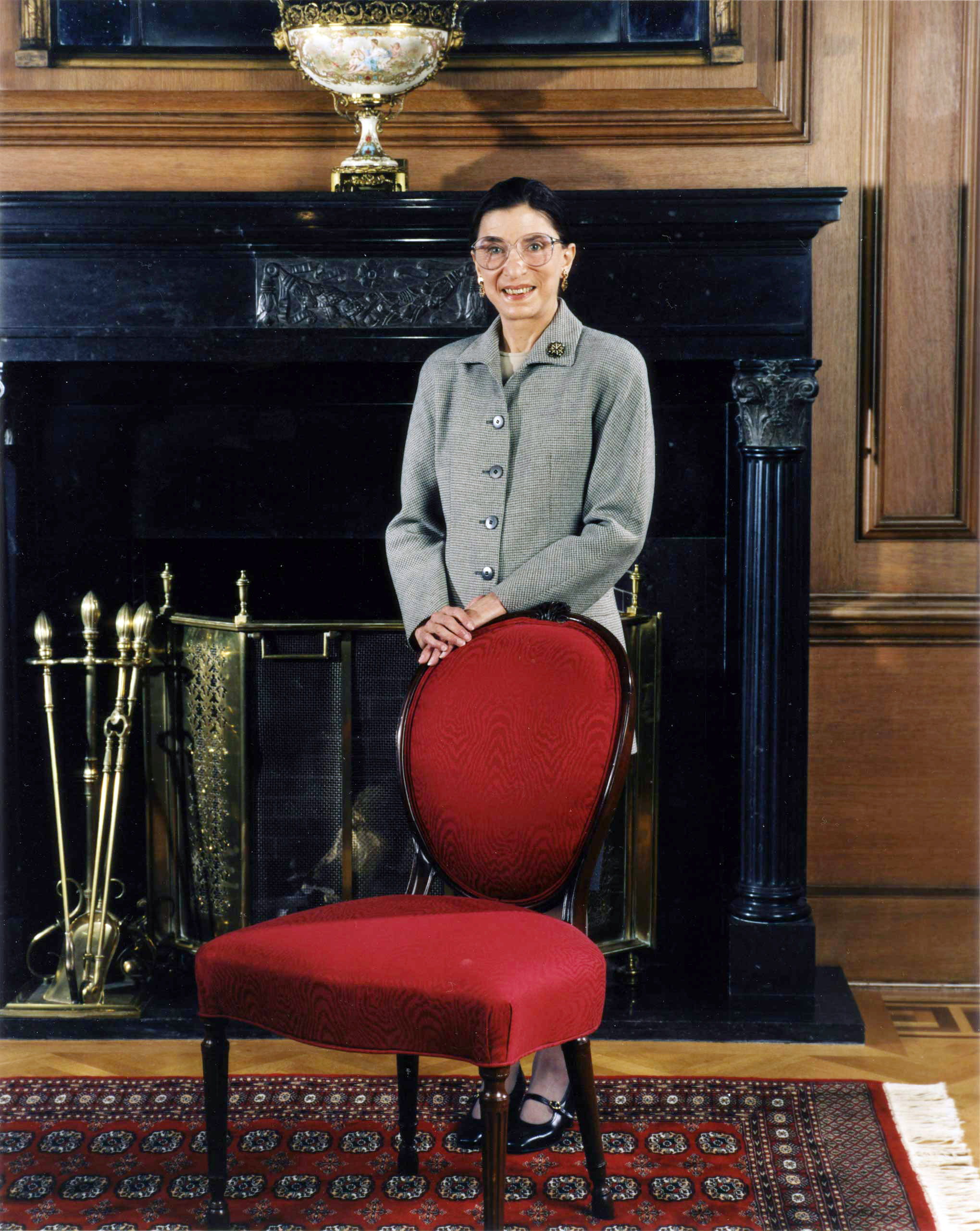
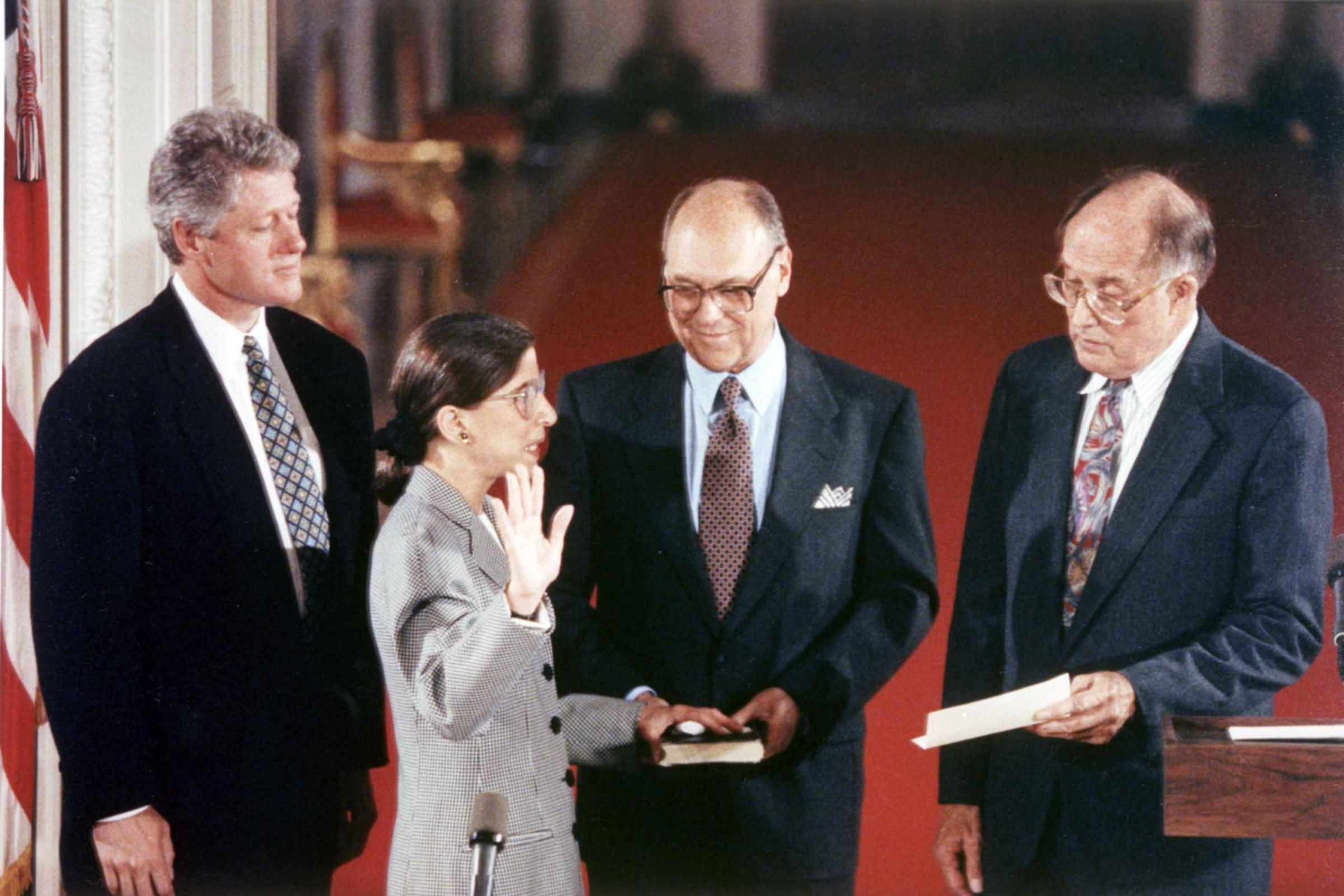
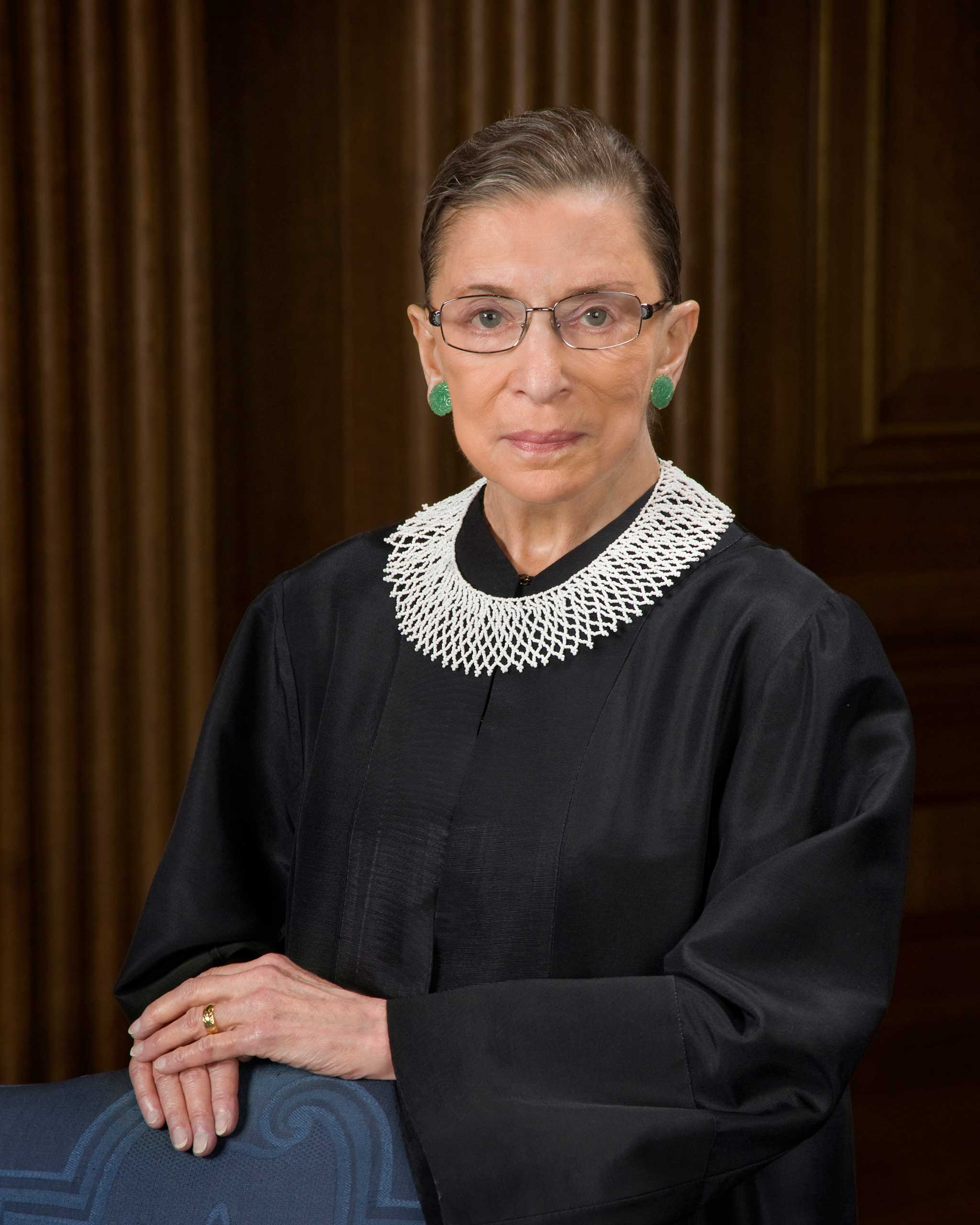
Like many things at the Supreme Court, there may be an unspoken political angle too.
Leading up to the 2012 and 2014 elections, some liberals had argued that Ginsburg should retire, given her age (at 81, she’s the oldest sitting Justice), her history with pancreatic cancer and the possibility that Republicans could retake the White House and/or the Senate.
“If Ginsburg and Breyer abjure retirement and Obama wins, the justices’ subsequent departures will be relatively harmless,” wrote Harvard Law professor Randall Kennedy in the New Republic in 2011. “On the other hand, if Obama loses, they will have contributed to a disaster.”
A brief visit to the hospital over Thanksgiving renewed those fears for liberal court-watchers, giving Ginsburg all the more reason to dispel any concerns about her health. In all her interviews, she’s noted that she’s not going anywhere anytime soon.
“I’ve said many times: once I sense that I am slipping, I will step down,” she told MSNBC earlier this week. “This is a very intense job. It’s the best and the hardest job I’ve ever had. It takes a lot of energy and staying power to do it right. I will step down when I feel I can no longer do the job full steam.”
Ginsburg’s interviews have touched on some other common themes. She discusses what it was like to be one of few women in law school, to have no job offers after graduating at the top of her class at Columbia Law and how her egalitarian relationship with her husband Martin Ginsburg shaped her career. She recalls her time working for the ACLU, fighting laws that discriminated against women. She notes that while Roe v. Wade is unlikely to be overturned, restrictions on abortion rights affect poor women far more than affluent ones. And, inevitably, she calls on the generation of young American women to avoid complacency.
“One thing that concerns me is that today’s young women don’t seem to care that we have a fundamental instrument of government that makes no express statement about the equal citizenship stature of men and women,” she told The New Republic last year. “They know there are no closed doors anymore, and they may take for granted the rights that they have.”
Not everyone agrees that Ginsburg’s increased public exposure is a good thing, especially when Ginsburg discussed the upcoming gay marriage case, sparking calls from some conservatives for her to recuse herself.
“Justices are generally more cautious than Justice Ginsburg has been lately in discussing pending issues,” says Denniston. “If they were discussing a tax case or a labor case, nobody would notice, but if you’re discussing the most controversial issues, people do pay very close attention. And they do take offense when a member of the court seems to be forecasting where the court’s going to go.”
But Ginsburg seems secure in her decision to speak out about her opinions, whether in a written dissent or not. She told MSNBC that she’d like to be remembered as “someone who used whatever talents she had to do her work to the very best of her ability and to help repair tears in her society.”
For this Supreme Court Justice, that means more than just writing opinions in a quiet legal chamber. It also means getting out there before the public. And that decision may end up as much a part of her legacy as any of her legal ones.
Read next: Oregon’s Kate Brown Becomes First Openly Bisexual U.S. Governor
See Washington D.C. as a Winter Wonderland

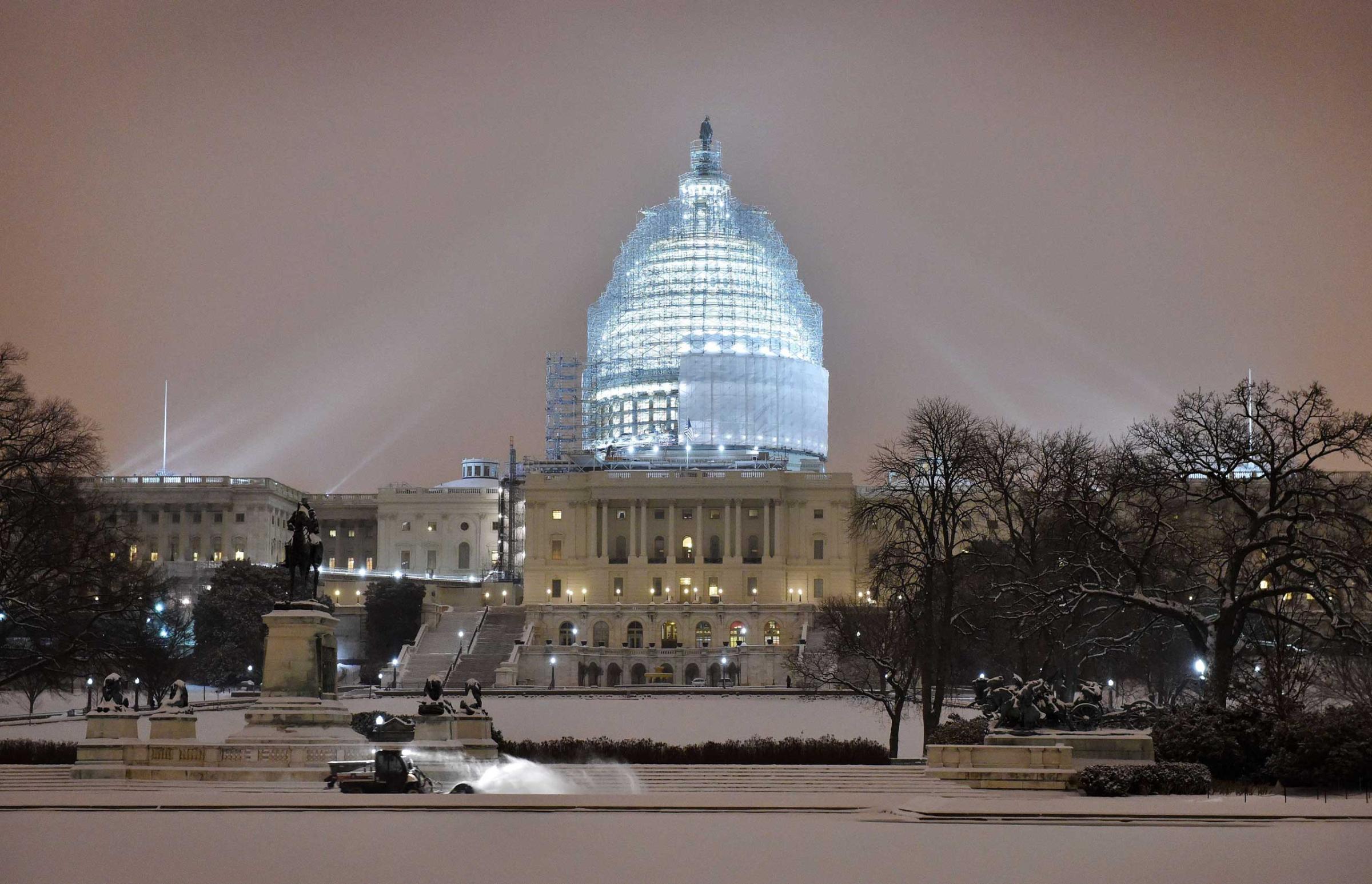

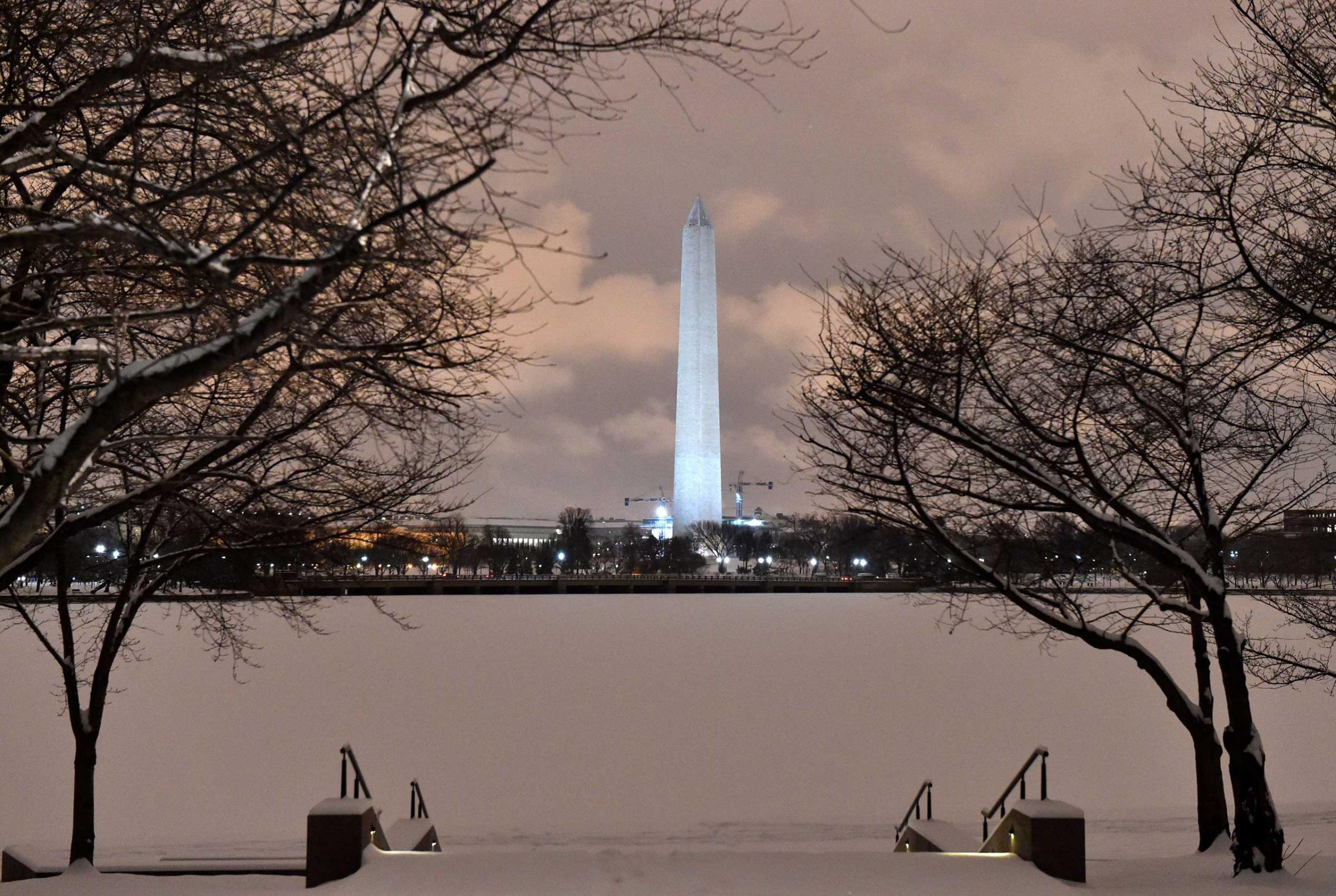

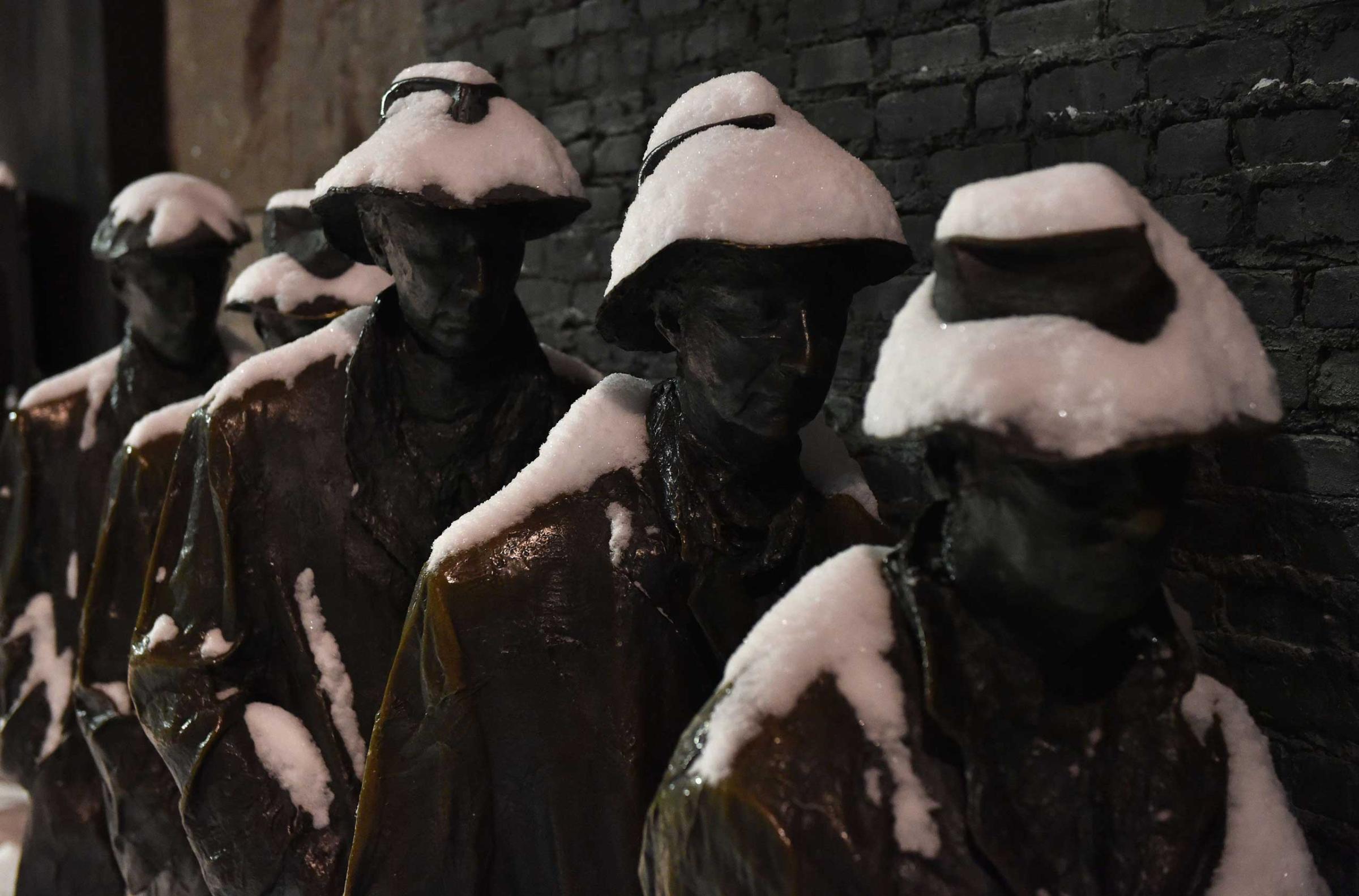

Listen to the most important stories of the day.
Correction: An earlier version of this story misstated the number of years that Lyle Denniston has covered courts.
More Must-Reads from TIME
- Why Trump’s Message Worked on Latino Men
- What Trump’s Win Could Mean for Housing
- The 100 Must-Read Books of 2024
- Sleep Doctors Share the 1 Tip That’s Changed Their Lives
- Column: Let’s Bring Back Romance
- What It’s Like to Have Long COVID As a Kid
- FX’s Say Nothing Is the Must-Watch Political Thriller of 2024
- Merle Bombardieri Is Helping People Make the Baby Decision
Write to Charlotte Alter at charlotte.alter@time.com